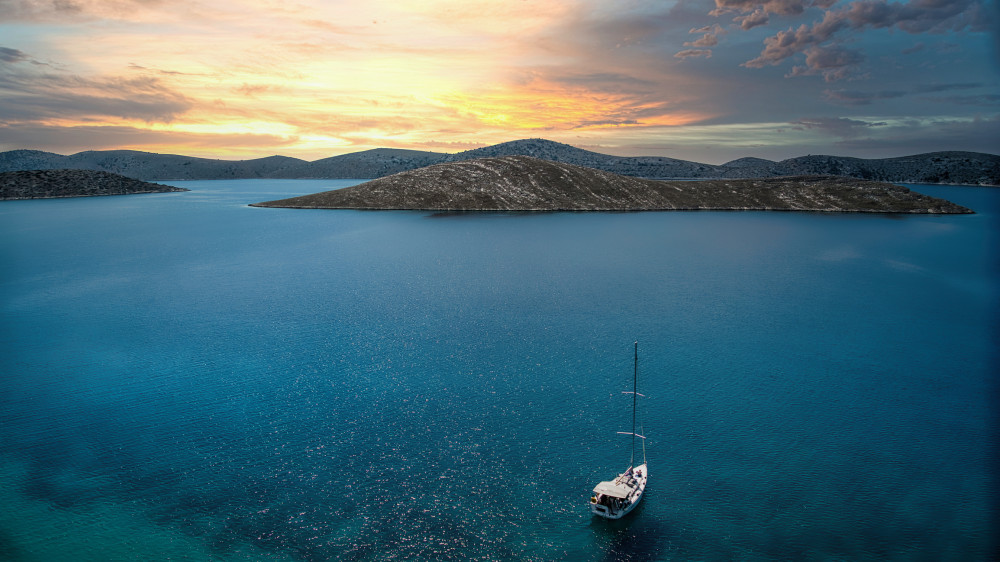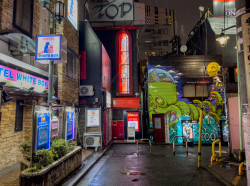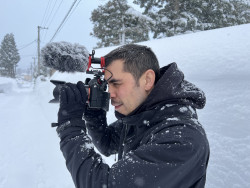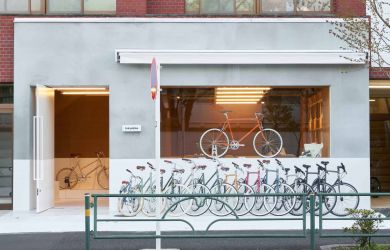
A life-affirming veteran of never giving up, Lowell Sheppard is perseverance in motion. Achieving his first dream at 12 years of age by walking 35 miles to raise money for charity, Lowell has been helping others achieve their own dreams ever since. A social entrepreneur possessed of humane endurance, Lowell’s Pacific Solo adventure and his Dare to Dream project have motivated people all around the world to help turn dreams into reality.
According to the official site, “Pacific Solo is a five-year initiative embarked upon by social entrepreneur Lowell Sheppard. Over the coming years, Lowell will prepare himself for the biggest challenge of his life: a solo journey across the North Pacific by the time he’s reached 70 years of age.” The Dare to Dream mastermind aims for you to walk away with a clearer sense of purpose, impact, and the actionable steps needed to turn your dreams into reality.
Offering up some of his time, Lowell spoke with Metropolis and gave a glimpse into what makes him tick and how to enjoy the time you have.
Metropolis: You’ve been here in Japan since 1997. That’s a long time.
Lowell Sheppard: It certainly is, but you know, I came here having promised my wife, who was born and raised here, that we would raise our children in Japan. I’ve never regretted it.
M: I came across a quote you seem enamored of: “The ability to experience discomfort is a superpower.” Could you elaborate on it?
LS: This has to do with the ability to endure. I’ve come to believe that the endurance muscle is both mental and spiritual, and unlike other muscles, it can strengthen with age. I find that encouraging, and it all depends on your mindset, and how you see things. It’s very easy to give up because of difficulties, but if you just keep going and ‘put up’ with the difficulties, they seem to disappear.
M: Could you give an example while living here?
LS: My first overnight passage on my sailboat. It was my first time at sea, and I had just left Tokyo a few days earlier and was trying a “stress test sail” to Okinawa. I was out of sight of land, with no working autopilot and surrounded by nothing but ocean and a 30-hour non-stop trip through a looming storm. Of course, I was scared but remembering the advice of an old sailor, told myself, “Lowell, you know endurance. This is just another endurance challenge.” Suffice it to say, I endured and haven’t looked back since.
M: Your life achievements come across as a kind of bucket list – flying planes in Mexico, publishing books, working in refugee camps, public speaking, YouTubing and now sailing into the Pacific Ocean. Where does this drive to do things come from?
LS: I tried to answer this in my latest book, “Dare To Dream,” but basically, I was a middle child with a speech impediment. I was the quiet one. I listened a lot and was a dreamer, imagining going on adventures, flying planes, that sort of thing. Then, very early on, I found that I had the power to make choices. At age 12, I heard about the 35-mile Charity Walk in my hometown and wondered if I could do it. I signed up only to discover I had to raise money too! Well, the fusion of those two challenges set a trajectory for my life that has continued to this day. I pursue adventures in a way that tries to leave a lasting legacy. My father taught me to be a giver, not a taker, and to leave the world better than when you found it.
M: HOPE International Development Agency has played a significant part in your life. Can you say something about this humanitarian impulse of yours?
LS: My work with HOPE is the most gratifying part of my life. I’m careful, though, when I talk about it because, with HOPE, it’s the story of others that matter, not mine, so I don’t want to interject my story into theirs. What I will say is that over the years, I’ve seen tens of thousands of families come out of extreme poverty to become self-reliant simply because they were given a small “hand up” by generous people who get it and give respectfully and in a way that enhances the dignity of the recipient rather than in a way that objectifies them.
M: I’m sure you must have met some interesting people here.
LS: Remember I mentioned some advice from an old sailor earlier? Well, he was an 80-year-old veteran Japanese sailor who had circumnavigated the world three times and was preparing for another trip. I asked him for some advice and without hesitation, he gave me three: don’t fall overboard, stay calm since panicking creates more problems and be happy. He said to remind yourself that this is your dream, you chose to be here.
M: In what ways has living in Japan motivated or influenced your efforts?
LS: Japan’s rhythms motivate me to follow them to make things happen. It has turned Japan into a great adventure for me. For example, I cycled the length of Japan during the cherry blossom season, a huge challenge, but the timing made it work out well. I love Japan and never tire of it. There are just so many layers of challenges here, but that’s the joy of it for me.
M: What have been the major challenges you’ve faced living and working in Japan? How have you gotten past them?
LS: Language, without a doubt. My Japanese is still very rudimentary. But I’m fluent in body language and communicate well enough through that. I think it’s a matter of being sincere. Heart-to-heart communication, right? After all, I’ve cycled the length of the country more than once, sailed halfway around Japan, and set up NGOs here, so my poor language skills haven’t slowed me down. Nor should it.
M: What would you like to say to anyone considering moving to Japan?
LS: Please come but with an open heart and mind. Don’t let yourself get caught up in the perceived negatives. Trust yourself to enjoy it. There’s a lot to love. I’d also say explore. Visit the key areas but be sure to also explore the more remote areas of the country. You won’t regret it.







